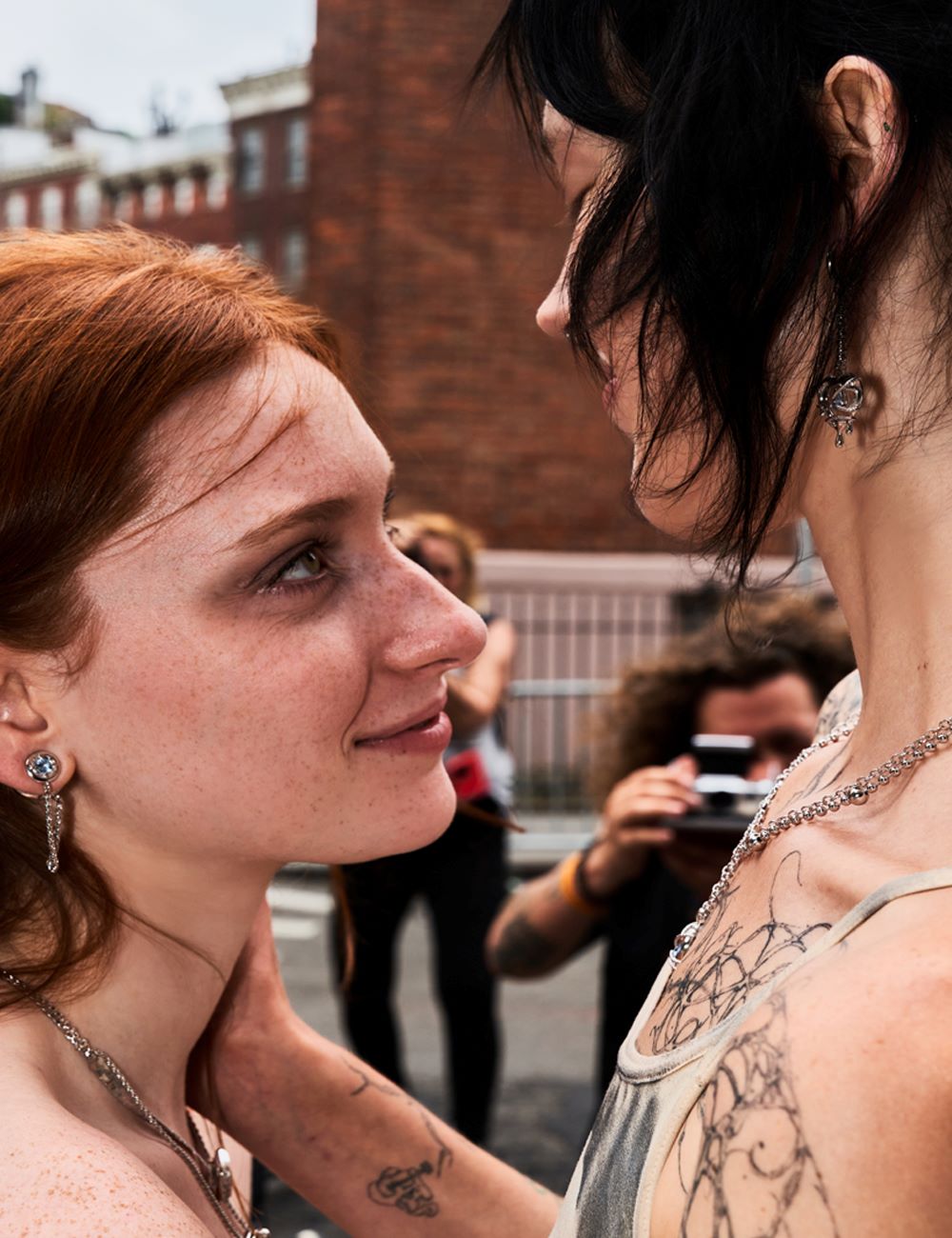
Heteros, do you consume LGBTQ+ media?
|
|
読む時間 3 min
|
|
読む時間 3 min
The LGBTQ+ community is gradually gaining more attention and recognition in today's diverse society. As a crucial vehicle for cultural dissemination, consumer media not only influences people's values, but also shapes social inclusivity. However, some individuals still refuse to engage with media featuring LGBTQ+ themes. This resistance reveals underlying issues with understanding and accepting diversity.
The choice of consumer media not only reflects personal interests, but also showcases attitudes towards social issues. Refusing to engage with media featuring LGBTQ+ themes often stems from prejudice or a lack of understanding. This refusal represents a cultural divide, also a limitation in self-awareness.
Refusing to consume LGBTQ+ themed media can stem from various reasons:
Cultural and Social Background
Many individuals grow up in traditional and conservative cultural backgrounds where the education and social norms may hold negative attitudes towards the LGBTQ+ community. These deeply ingrained beliefs can affect their acceptance of LGBTQ+ themed content, often leading to subconscious resistance.
Personal Beliefs
Religious beliefs and personal values also significantly impact audience choices. Some religions explicitly oppose homosexuality and other sexual minorities, and these beliefs can lead some viewers to reject media content involving LGBTQ+ themes.
Lack of Exposure and Understanding
A lack of exposure to and understanding of the LGBTQ+ community and culture is another major reason. Many people may have never had in-depth interactions with LGBTQ+ members, leaving their perceptions based on stereotypes and prejudices, which leads to rejecting related content.
Despite the reasons mentioned above, many viewers are unaware that their refusal of LGBTQ+ themed content is essentially a form of prejudice. We live in an era of highly fragmented information, where media content is abundant and diverse. However, this also means that people can selectively engage with information, creating echo chambers.
Many might not recognize their behavior as biased because such attitudes are normalized in their upbringing. Unconscious bias leads them to naturally reject LGBTQ+ themed content without realizing it.
Media plays a crucial role in shaping public perceptions. If mainstream media rarely or negatively portrays the LGBTQ+ community, viewers will struggle to form positive views. The lack of positive LGBTQ+ representation makes viewers skeptical of related content.
Social and group pressure might also make individuals unwilling to openly admit their acceptance of LGBTQ+ themed content. The fear of being labeled or criticized leads them to hide their true thoughts.
The Core Memory Earrings in S Shape draw inspiration from the touching stories and profound emotional memories of the LGBTQ+ community. The unique S-shaped design symbolizes the twists and turns of memory, and can comfortably hug your earlobe, making them perfect for stacking with other pieces. These earrings are crafted with copper, black onyx, and enhanced with electroplating for durability and brilliance.
The Media's Influence on the LGBTQ+ Community Media plays a crucial role in shaping society's perceptions of the LGBTQ+ community. Positive LGBTQ+ representations can break down prejudices and promote inclusivity. Positive characters in movies, TV shows, and books not only highlight their diversity and humanity but also help audiences understand and empathize with their experiences.
The Importance of Embracing Diversity Embracing diversity is not just about respecting the LGBTQ+ community but also about respecting humanity as a whole. Everyone has the right to live and express themselves in a discrimination-free environment. Understanding and supporting the LGBTQ+ community is fundamental to building a fairer and better society.
Change begins with oneself.
Understanding and accepting LGBTQ+ themed media content reflects societal progress and the embrace of diversity. It is hoped that this discussion will inspire more people to reflect on their own beliefs and promote understanding and support for the LGBTQ+ community. Everyone should have the right to see their own and others' real stories through media, enjoying equality and respect.

